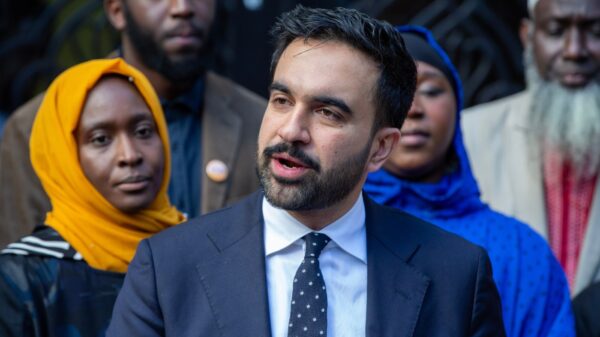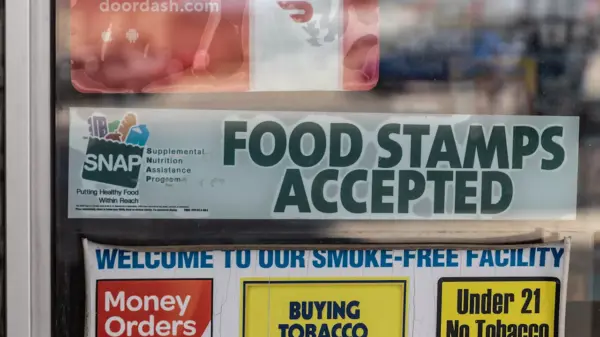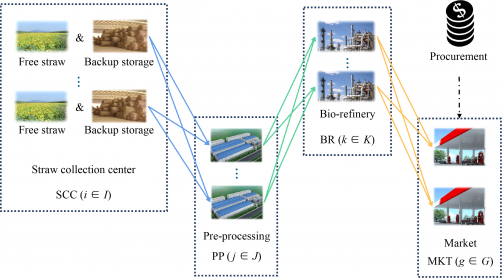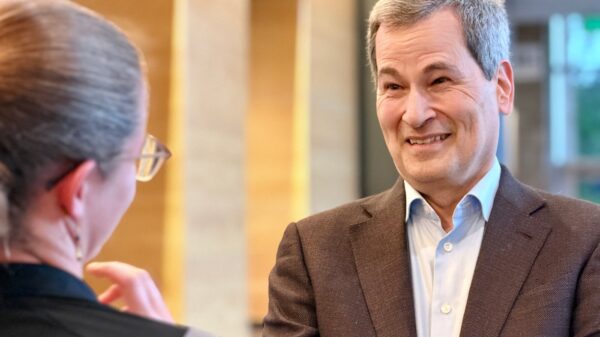In a remarkable display of grassroots activism, Alyshia Dyer’s campaign for county sheriff in Washtenaw County, Michigan, emerged victorious against significant odds. Despite being outspent and facing endorsements for her opponent from major local political figures, Alyshia’s campaign triumphed by a narrow margin of 384 votes out of 61,534 cast, marking a significant achievement for progressive politics in the area.
The victory was the result of a concerted effort by local activists and supporters, including members of the Daily Kos community, who rallied to provide late-stage financial support. The campaign’s strategic use of resources, such as targeted robocalls and text messages, played a crucial role in overcoming the initial vote deficit on Election Day.
Grassroots Mobilization and the Power of Community Support
Washtenaw County, home to the University of Michigan, is known for its vibrant political landscape. The campaign for sheriff was a high-stakes race, with Alyshia Dyer positioned as the underdog. Her opponent, backed by endorsements from city councils in Ann Arbor and Ypsilanti and the county prosecutor, had a substantial financial advantage, raising $300,000 compared to Alyshia’s $200,000.
However, the tide began to turn in the final days of the campaign. A new initiative, dubbed the “Diary Deluge,” was launched to raise funds under the slogan “Late Money Is Like Lemonade,” echoing the well-known fundraising mantra “Early Money Is Like Yeast.” This effort brought in $600 from Daily Kos supporters, providing a crucial boost to Alyshia’s campaign finances.
The Role of Strategic Campaigning
With the additional funds, Alyshia’s campaign was able to execute a well-timed outreach strategy. On Election Day, approximately 40,000 robocalls were made, and targeted text messages were sent to voters in precincts where her support was lagging. This micro-targeting was informed by sophisticated social media analysis and volunteer reports, allowing the campaign to focus its efforts where they were most needed.
“By the dawn’s early light on Election Day, Alyshia was down 800 votes with about two-thirds of all votes already cast. On election day itself, she gained 1,200 more votes than her chief opponent with only one-third of the votes remaining!”
Implications for Progressive Politics
Alyshia’s victory is seen as a testament to the power of grassroots mobilization and the impact of community-driven campaigns. Her first 100 days in office were marked by significant achievements, including the establishment of 13 community-driven policy teams aimed at co-creating practices with those most impacted by law enforcement policies.
These initiatives reflect a broader trend in progressive politics, where community engagement and participatory governance are increasingly emphasized. Alyshia’s approach to leadership, which involves direct collaboration with community members, is being hailed as a model for other jurisdictions seeking to implement more inclusive and responsive governance.
Looking Forward: Sustaining Momentum
The success of Alyshia’s campaign has inspired ongoing efforts to support her initiatives. Recently, her campaign manager reached out for assistance in rallying public support at a county board meeting, where Alyshia’s programs were under discussion. Local residents, including those who had supported her campaign, spoke in favor of her policies, highlighting the continued community backing for her leadership.
In the coming weeks, efforts will focus on maintaining this momentum. Plans are underway to engage precinct delegates and other community leaders to ensure sustained advocacy for Alyshia’s programs. The aim is to replicate and expand the community-driven model across other areas of governance and campaigning.
“If we could replicate and foster this concept, throughout cities, it would go a long way towards changing the landscape. Not just in policing. But in governing. And in campaigns!”
Alyshia’s journey from underdog to elected official underscores the potential for change when communities come together to support candidates who reflect their values and aspirations. Her story serves as an inspiration for those seeking to make a difference through grassroots activism and participatory democracy.

































































